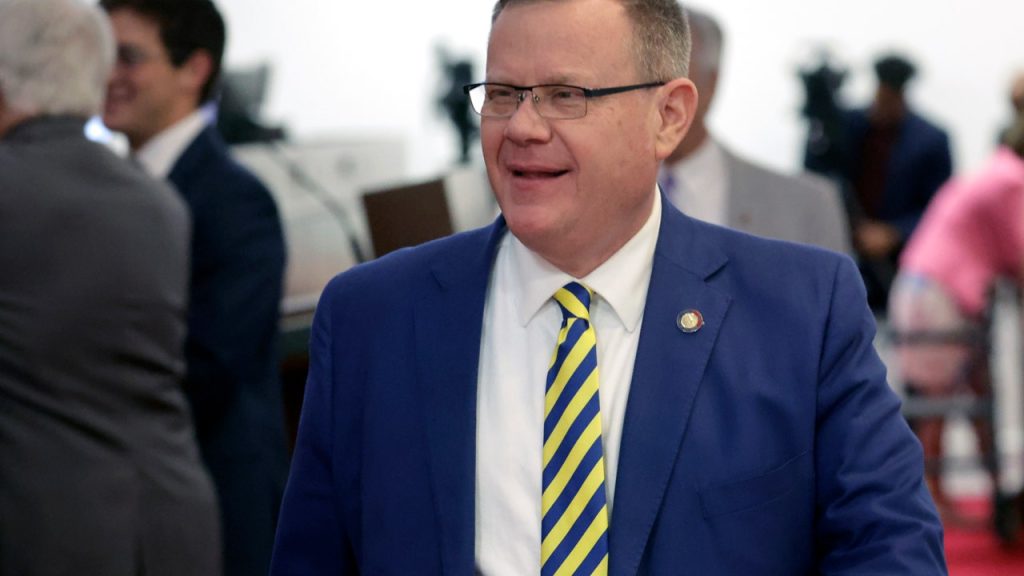The North Carolina General Assembly has begun its annual work session with some extra money to spend and few pressing issues to address before key elections in the fall and the departure of longtime state government leaders. The session is expected to be short, with Republican leaders aiming to finish by early summer. With all legislative seats up for reelection in November and Republicans holding the narrowest of veto-proof majorities, party leaders will be cautious about advancing measures that could sway public opinion in key districts.
One of the primary duties of the legislature in even-numbered years is to adjust the second year of the two-year government operating budget. A consensus forecast suggests that the state will collect an additional $1.4 billion through mid-2025. Some of this money may be needed to make adjustments to Medicaid spending due to a lower federal match and increased service utilization. Additionally, there are plans to set aside more money for the Opportunity Scholarship Program to allow more families to receive grants for their K-12 children to attend private or religious schools. Democrats, including Gov. Roy Cooper, are calling for increased investment in public schools and teacher pay raises.
Republican legislators are considering legislation that would force sheriffs to help federal agents in identifying and detaining jail inmates believed to be in the country illegally. Talks about sanctioning and regulating video gambling machines could also resurface, with revenue from the machines potentially generating over $400 million annually by the end of the decade. Democratic legislators will face challenges in halting what they view as unfavorable GOP bills, particularly after a lawmaker switched parties, securing the veto-proof majority.
This session marks the last one for House Speaker Tim Moore, who is likely to run for Congress in 2025 after serving five two-year terms leading the chamber. Moore has won his primary election for the Republican-leaning 14th Congressional District. The departure of key state government leaders and the limited pressing issues to be addressed during this session provide an opportunity for lawmakers to focus on budget adjustments and key legislative issues without the distraction of contentious debates or vetoes. Republicans are cautious about advancing measures that could harm their candidates in key districts ahead of the fall elections.
Governor Cooper is expected to present his final budget proposal during this session, urging GOP legislators to prioritize funding for public schools and teacher pay raises over the Opportunity Scholarship Program. Discussions about imposing restrictions on video gambling machines and addressing revenue shortfalls are likely to be key issues during the session. Democratic legislators will face challenges in halting unfavorable GOP bills due to the Republican majority in both chambers. Despite the potential for contentious debates, this session provides an opportunity for lawmakers to focus on key budget adjustments and legislative issues ahead of the fall elections.


